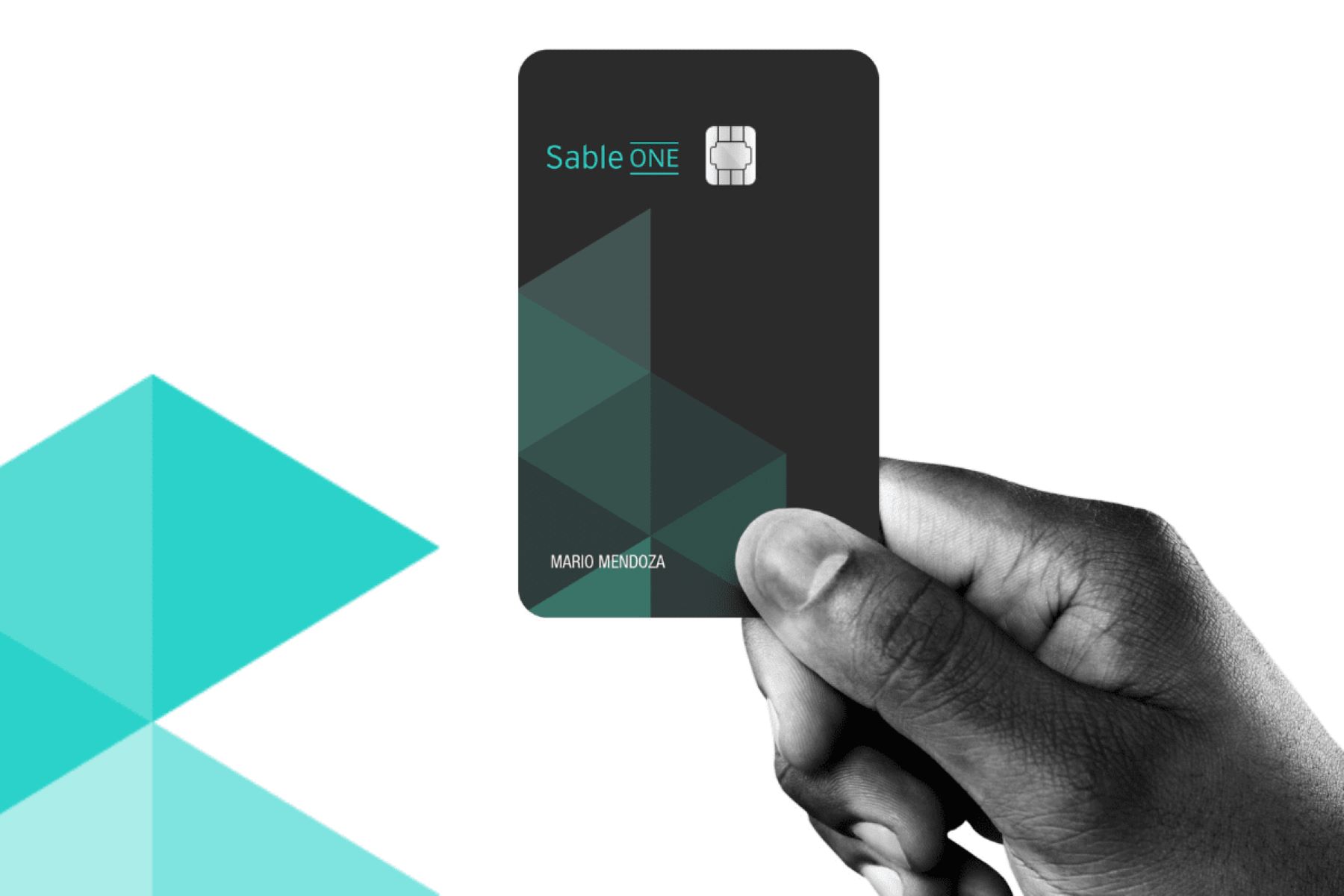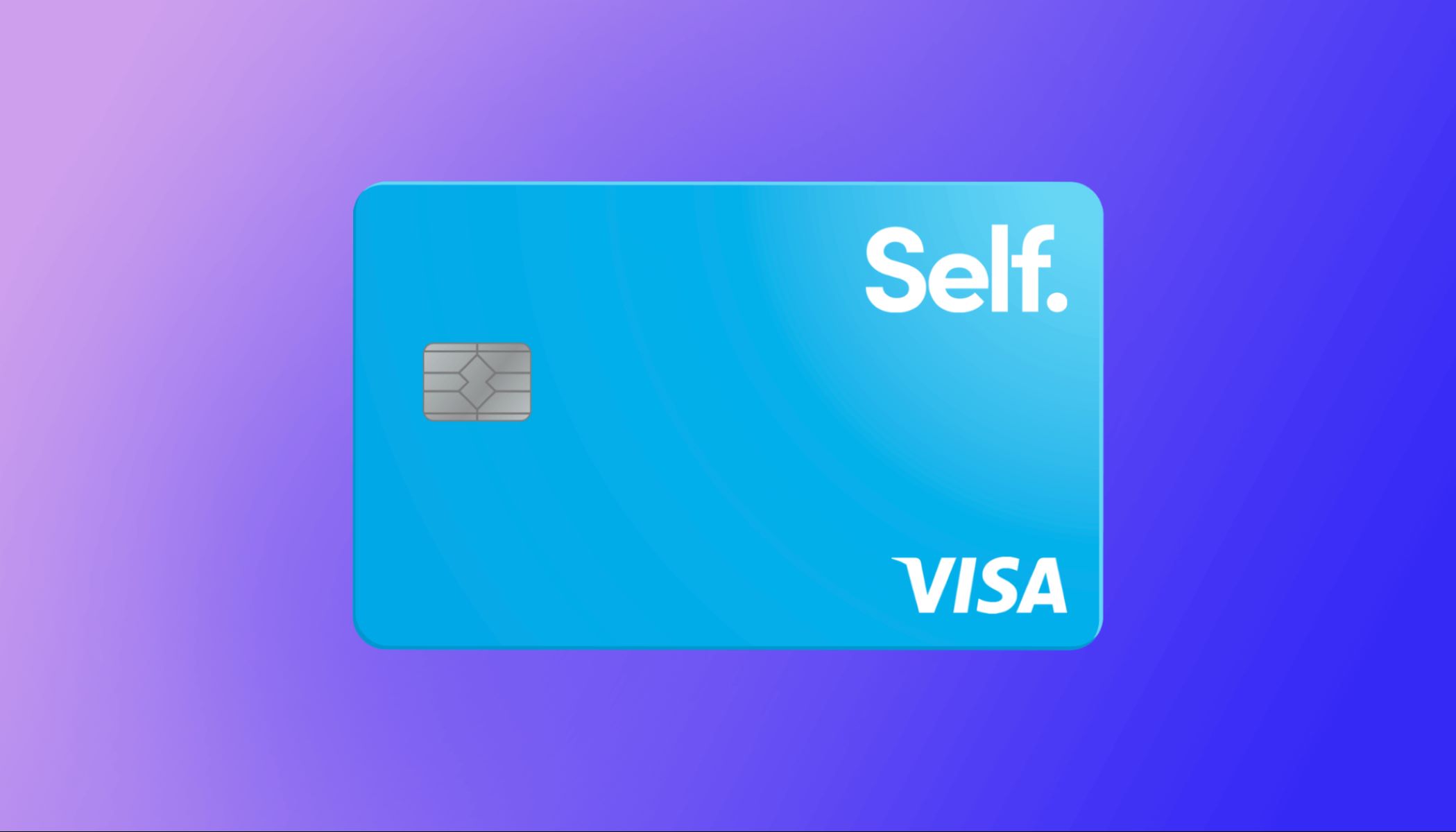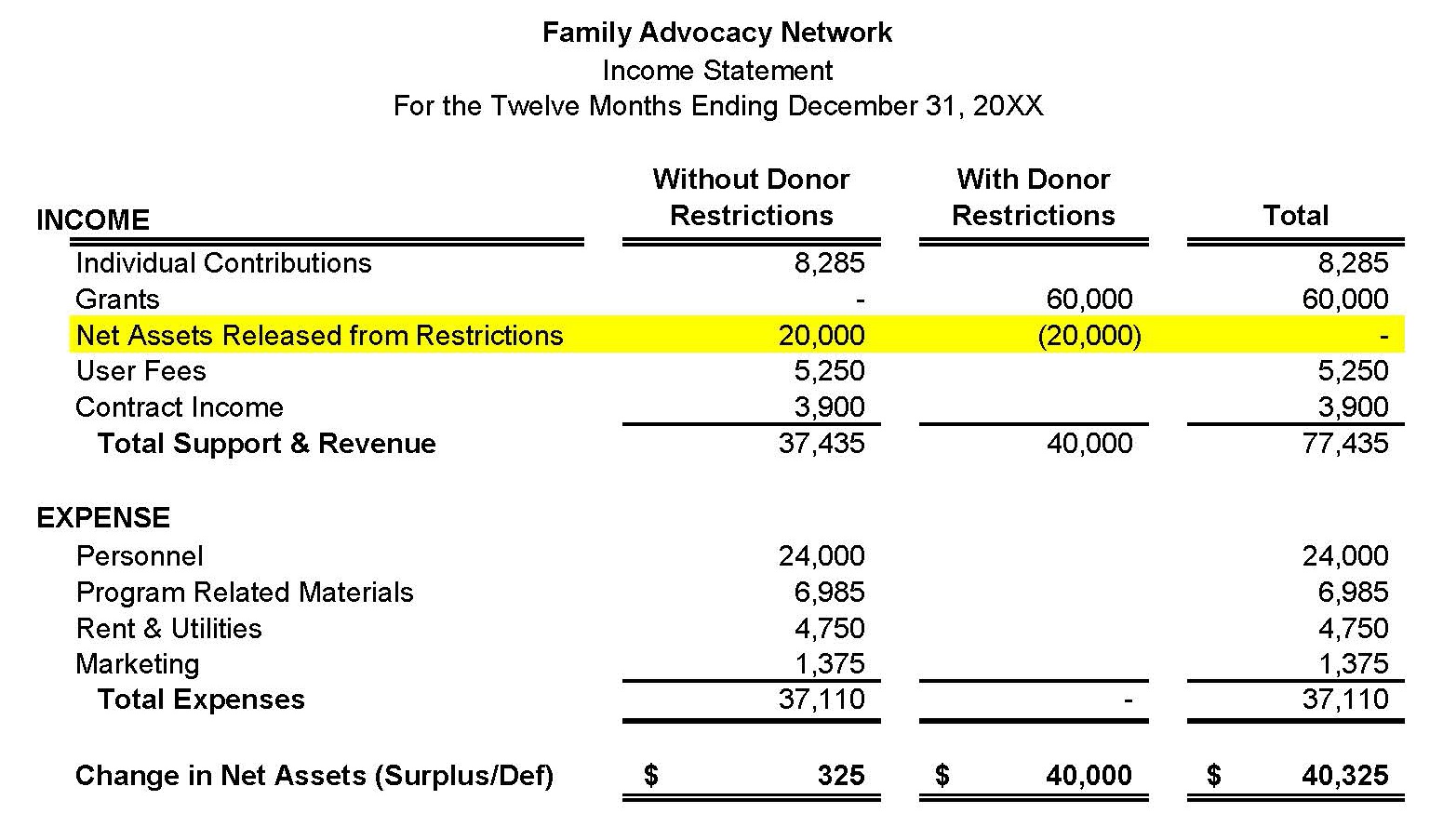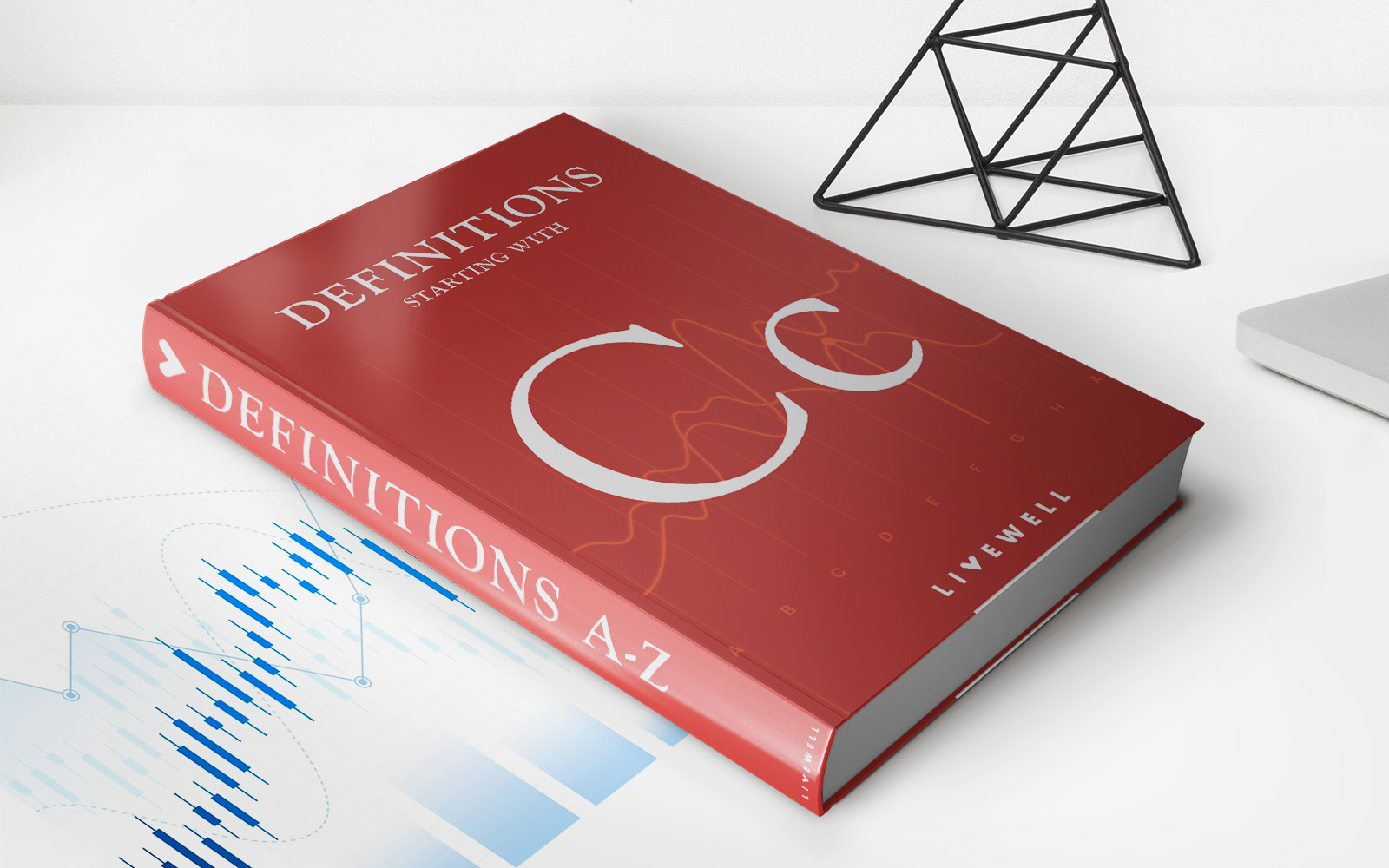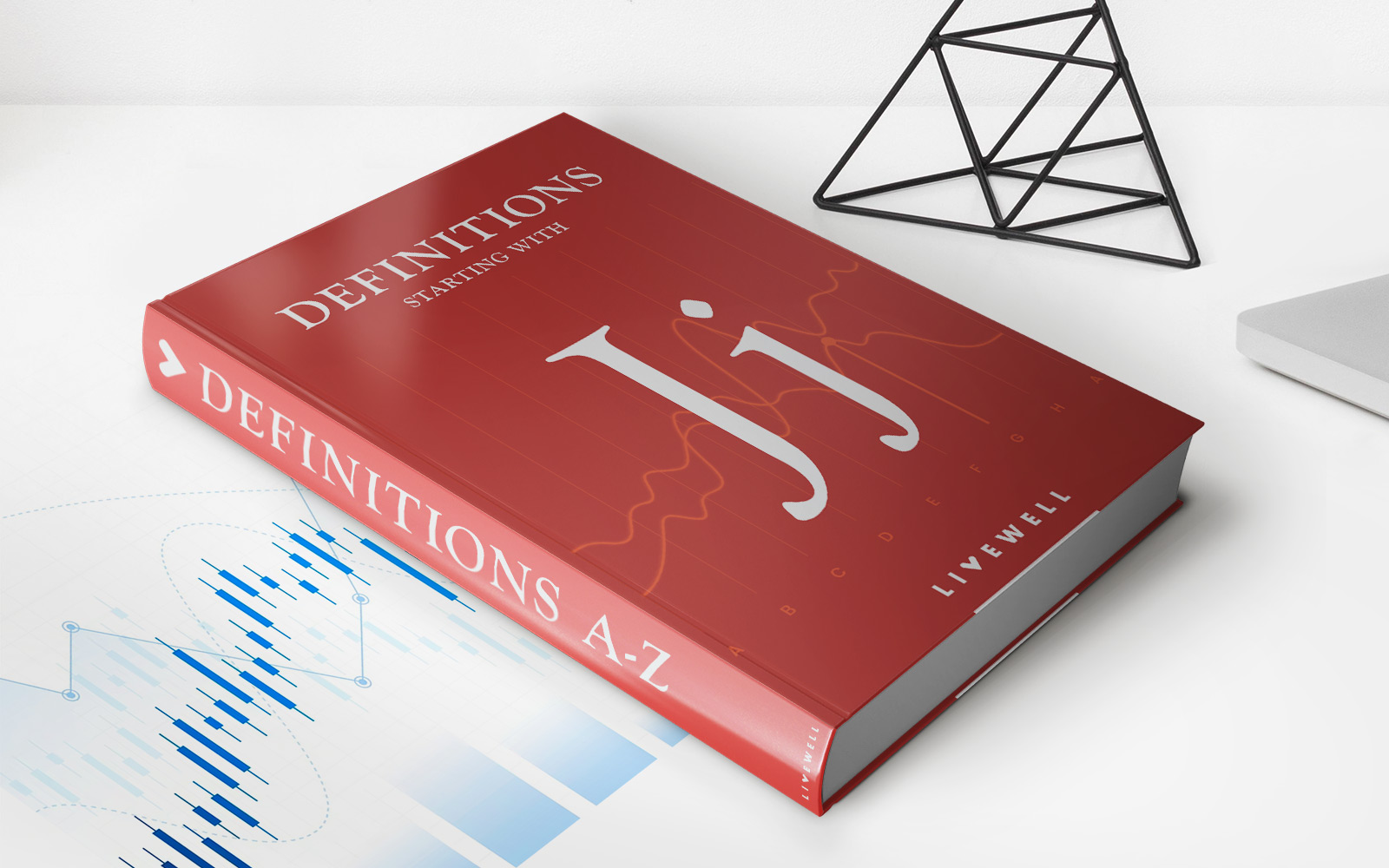

Finance
How Does Installment Credit Card Work
Published: February 21, 2024
Learn how installment credit cards work and manage your finances more effectively. Understand the benefits and potential drawbacks of using installment credit cards for your financial needs.
(Many of the links in this article redirect to a specific reviewed product. Your purchase of these products through affiliate links helps to generate commission for LiveWell, at no extra cost. Learn more)
Table of Contents
Introduction
Installment credit cards have become increasingly popular in the world of personal finance, offering a flexible and manageable way for individuals to make purchases and pay them off over time. Unlike traditional credit cards, which typically require the full balance to be paid each month, installment credit cards allow users to spread payments over a series of fixed installments, often with lower interest rates.
These cards provide a convenient alternative to traditional loans, empowering consumers to make larger purchases without shouldering the immediate financial burden. Understanding how installment credit cards work, their benefits, and potential drawbacks is crucial for making informed financial decisions. In this article, we will delve into the intricacies of installment credit cards, including their functionality, advantages, disadvantages, and tips for responsible usage.
By gaining a comprehensive understanding of installment credit cards, readers can make informed decisions about whether this financial tool aligns with their needs and goals. Whether you're considering applying for an installment credit card or simply seeking to expand your financial knowledge, this article will equip you with the insights needed to navigate the world of installment credit with confidence.
Understanding Installment Credit Cards
Installment credit cards, also known as point-of-sale (POS) financing, provide a unique approach to borrowing and spending. Unlike traditional credit cards, which typically require the full balance to be paid each month, installment credit cards allow users to split their purchases into fixed monthly payments over a predetermined period. This payment structure offers greater flexibility and predictability, enabling individuals to budget more effectively and manage their expenses.
When utilizing an installment credit card, individuals can make a purchase and choose a repayment plan that aligns with their financial situation. These plans often feature competitive interest rates and transparent terms, making it easier for consumers to understand the total cost of their purchase and the associated repayment schedule.
Installment credit cards are commonly used for significant purchases, such as furniture, electronics, home appliances, and other high-value items. By spreading the cost of these items over several months, individuals can avoid the financial strain of paying the entire amount upfront, making larger purchases more accessible and manageable.
It’s important to note that installment credit cards are distinct from revolving credit accounts, such as traditional credit cards. While traditional credit cards allow users to carry a balance from month to month, potentially incurring high-interest charges, installment credit cards provide a structured repayment plan with fixed installments, offering a more disciplined approach to borrowing.
Understanding the fundamental differences between installment credit cards and other forms of credit is essential for making informed financial decisions. By grasping the unique features and benefits of installment credit cards, individuals can leverage this financial tool to make meaningful purchases while maintaining financial stability.
How Installment Credit Cards Work
Installment credit cards operate by allowing users to make purchases and then pay off the balance in fixed installments over a specified period. When a consumer chooses to use an installment credit card for a purchase, they are presented with various repayment options, typically ranging from a few months to several years, depending on the total amount of the purchase.
Upon selecting a repayment plan, the consumer agrees to pay a predetermined amount at regular intervals, often monthly, until the entire balance, including any applicable interest, is settled. The terms of the installment plan, including the interest rate and the number of payments, are established upfront, providing clarity and predictability for the cardholder.
One of the key benefits of installment credit cards is the ability to make substantial purchases without incurring high-interest charges or the pressure of immediate full repayment. This can be particularly advantageous when purchasing big-ticket items, as it allows individuals to spread the cost over time, aligning with their budget and financial capabilities.
Furthermore, installment credit cards often offer competitive interest rates, making them an attractive alternative to traditional credit cards or personal loans. The transparent terms and structured repayment plans provide consumers with a clear understanding of their financial commitment, fostering responsible spending and budget management.
It’s important to note that while installment credit cards offer greater flexibility than traditional credit cards, responsible usage is paramount. Cardholders should carefully assess their financial capacity to meet the installment payments and avoid overextending themselves with excessive purchases. By understanding the mechanics of how installment credit cards work, individuals can leverage this financial tool to make informed purchasing decisions while maintaining financial prudence.
Benefits of Installment Credit Cards
Installment credit cards offer a range of advantages that cater to the diverse financial needs and preferences of consumers. Understanding these benefits can help individuals make informed decisions when considering the use of installment credit cards for their purchases.
- Flexible Payment Options: Unlike traditional credit cards that require the full balance to be paid each month, installment credit cards provide flexible payment options, allowing users to spread the cost of their purchases over fixed installments. This can alleviate the immediate financial strain of making significant purchases, making them more accessible and manageable.
- Competitive Interest Rates: Many installment credit cards offer competitive interest rates, making them an attractive financing option for individuals seeking to make substantial purchases without incurring exorbitant interest charges. The transparent terms and favorable rates contribute to a more cost-effective borrowing experience.
- Budget Management: By breaking down purchases into fixed monthly payments, installment credit cards facilitate effective budget management. Consumers can plan and allocate their financial resources more efficiently, ensuring that the cost of their purchases aligns with their income and expenditure patterns.
- Accessible Financing: Installment credit cards provide accessible financing for individuals who may not have the immediate means to pay for high-value items upfront. This accessibility expands purchasing opportunities and allows consumers to acquire essential goods and services without depleting their savings or disrupting their financial stability.
- Transparent Terms: The transparent terms associated with installment credit cards empower consumers with a clear understanding of their financial obligations. By knowing the total cost of their purchase and the fixed repayment schedule upfront, individuals can make informed decisions and avoid unexpected financial burdens.
These benefits collectively contribute to the appeal of installment credit cards as a practical and efficient means of managing expenses and making significant purchases. By leveraging these advantages, individuals can navigate their financial commitments with confidence and prudence, enhancing their overall financial well-being.
Drawbacks of Installment Credit Cards
While installment credit cards offer compelling benefits, it’s important to consider potential drawbacks associated with their usage. Understanding these drawbacks can help individuals make well-informed decisions and exercise responsible financial management.
- Accrued Interest: Despite offering competitive interest rates, installment credit cards still entail the accrual of interest over the repayment period. This means that the total cost of the purchase may be higher than the initial price, especially if the repayment period is extended, potentially leading to increased overall expenditure.
- Impact on Credit Utilization: Utilizing an installment credit card for a significant purchase may impact an individual’s overall credit utilization ratio, which can influence their credit score. High credit utilization, even with installment payments, can signal increased credit risk to lenders, potentially affecting future borrowing opportunities.
- Commitment to Repayment: Opting for an installment plan creates a commitment to make regular payments over an extended period. Individuals must assess their ongoing financial stability and ensure they can meet these obligations to avoid potential repercussions, such as late fees or negative impacts on their credit history.
- Restrictions on Additional Spending: While a portion of the credit limit is allocated to the installment purchase, it may restrict the available credit for other immediate expenses or unplanned purchases. This limitation could affect financial flexibility and necessitate careful budgeting to accommodate other financial needs.
- Potential Impulse Purchases: The accessibility of installment credit may lead to impulsive spending behavior, prompting individuals to make purchases beyond their immediate financial capacity. This can result in accumulating multiple installment payments, potentially straining the monthly budget and overall financial stability.
By acknowledging these drawbacks, individuals can approach the utilization of installment credit cards with a balanced perspective, weighing the benefits against the potential challenges. Responsible decision-making and thoughtful financial planning can mitigate these drawbacks, allowing individuals to leverage installment credit cards effectively while maintaining control over their financial well-being.
Tips for Using Installment Credit Cards Wisely
Utilizing installment credit cards responsibly is essential for maintaining financial stability and maximizing the benefits they offer. By adhering to prudent practices, individuals can leverage installment credit cards as a valuable financial tool while minimizing potential pitfalls. Here are some tips for using installment credit cards wisely:
- Assess Financial Capacity: Before committing to an installment purchase, assess your financial capacity to ensure that the monthly payments align with your budget. Consider factors such as existing financial obligations, discretionary spending, and potential fluctuations in income.
- Compare Repayment Plans: Evaluate the available repayment plans offered by the installment credit card issuer. Compare the interest rates, total repayment amounts, and duration of the plans to select the most favorable option that suits your financial circumstances.
- Understand the Total Cost: Gain a comprehensive understanding of the total cost of the purchase, including any accrued interest. This transparency allows you to make informed decisions and avoid unexpected financial burdens associated with the installment plan.
- Maintain Payment Discipline: Adhere to the repayment schedule diligently and ensure that the installment payments are made on time. Timely payments not only uphold your creditworthiness but also prevent the imposition of late fees or penalties.
- Limit Additional Spending: Exercise restraint in utilizing the remaining credit limit for additional purchases while an installment plan is active. Managing overall credit utilization can help maintain a healthy credit profile and financial stability.
- Monitor Credit Score Impact: Keep track of how the installment credit card usage and repayment affect your credit score. Understanding the impact on credit utilization and overall creditworthiness can inform future financial decisions and borrowing opportunities.
- Review Terms and Conditions: Familiarize yourself with the terms and conditions of the installment credit card, including any potential penalties, fees, or early repayment options. This knowledge empowers you to navigate the financial arrangement with confidence and clarity.
By implementing these tips, individuals can harness the benefits of installment credit cards while mitigating the associated risks. Thoughtful consideration, financial prudence, and disciplined repayment practices contribute to a positive and rewarding experience with installment credit cards.
Conclusion
Installment credit cards represent a dynamic financial tool that empowers consumers to make substantial purchases while managing their finances effectively. By offering flexible repayment options, competitive interest rates, and accessible financing, installment credit cards cater to diverse financial needs and provide an alternative to traditional credit cards and loans.
Understanding the mechanics of installment credit cards, including their benefits and potential drawbacks, is crucial for making informed financial decisions. The ability to spread the cost of purchases over fixed installments enhances accessibility and budget management, enabling individuals to navigate their financial commitments with greater control and foresight.
While installment credit cards offer compelling advantages, responsible usage is paramount. By adhering to prudent practices, such as assessing financial capacity, comparing repayment plans, and maintaining payment discipline, individuals can leverage installment credit cards wisely and minimize potential pitfalls. Thoughtful financial planning and disciplined repayment practices contribute to a positive and rewarding experience with installment credit cards.
In conclusion, installment credit cards serve as a valuable resource for individuals seeking to make significant purchases while maintaining financial stability. By embracing the benefits of installment credit cards and adopting prudent financial habits, consumers can harness the potential of this financial tool to enhance their purchasing power and overall financial well-being.
